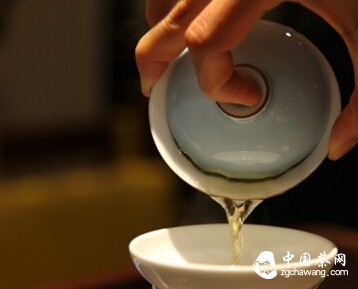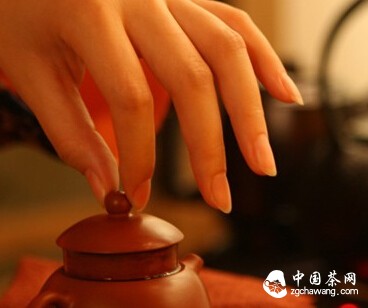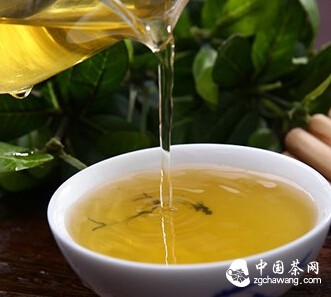As a tea master, one must master the following essential tea knowledge:
What kind of water is suitable for brewing tea?
Purified Water
Low mineral content, generally referred to as soft water, easily brings out the true nature of the tea and is suitable for brewing.
Mineral Water
Mineral water contains trace mineral components. Tea brewed with such water has excellent liquor color, sufficient aroma, and a refreshing, sweet taste.

Tap Water
Tap water contains disinfectants, such as "chlorine," which can be filtered out using activated carbon before consumption. However, disinfectants can interfere with the taste and quality of the tea soup.
Water with High Air Content
Water with high air content is beneficial for the挥发 of tea aroma and has a lively mouthfeel. Generally, "living water" is said to be beneficial for brewing tea, mainly because it has high air content. It is also said that water should not be boiled for too long, as prolonged boiling reduces its air content.
Water with Low Impurity and Bacterial Content
The lower these two are, the better. Generally, high-density water filtration devices can isolate them, and the bacterial part can also be eliminated using high temperatures.

Control of Brewing Water Temperature
Brewing different types of tea requires different water temperatures (reference):
Green Tea: (80-85°C), Longjing, Biluochun, Huangshan Maofeng, Xinyang Maojian, etc.
White Tea: (85-95°C), White Peony, Gongmei Shoumei, Baihao Yinzhen, etc.
Yellow Tea: (85-90°C), Junshan Yinzhen, Mengding Huangya, Beigang Maojian, etc.
Oolong Tea (Green Tea): (95-100°C), Wuyi Rock Tea, Tieguanyin, Phoenix Dan Cong, Taiwanese Oolong Tea, etc.
Black Tea: (95-100°C), Lapsang Souchong, Keemun Black Tea, Dian Hong, etc.
Dark Tea: (95-100°C), Pu-erh Tea, Anhua Dark Tea, Liupao Tea, etc.

The Relationship Between Brewing Water Temperature and Tea Soup Quality
In terms of taste, the difference in tea character expression: For example, if green tea is brewed with water that is too hot, the vibrant feeling that the tea soup should have will be reduced; if Tieguanyin or Shui Xian is brewed with water that is too cold, the aroma won't be pronounced, and the应有的 bold style won't be expressed.
Difference in dissolution rate and speed: Higher water temperature increases the dissolution rate and speed, and vice versa. This factor affects the control of tea soup concentration. That is, with equal amounts of tea and water, a higher temperature requires less time to reach the desired concentration; a lower temperature requires more time.
Control of bitterness and astringency strength: Higher water temperature strengthens bitterness and astringency; lower water temperature weakens them. Therefore, for tea that is too bitter and astringent, the water temperature can be lowered to improve it. For tea that is too bitter and astringent, besides water temperature, the steeping time should also be shortened; to achieve the desired concentration, the former must increase the amount of tea or extend the time, while the latter must increase the amount of tea.